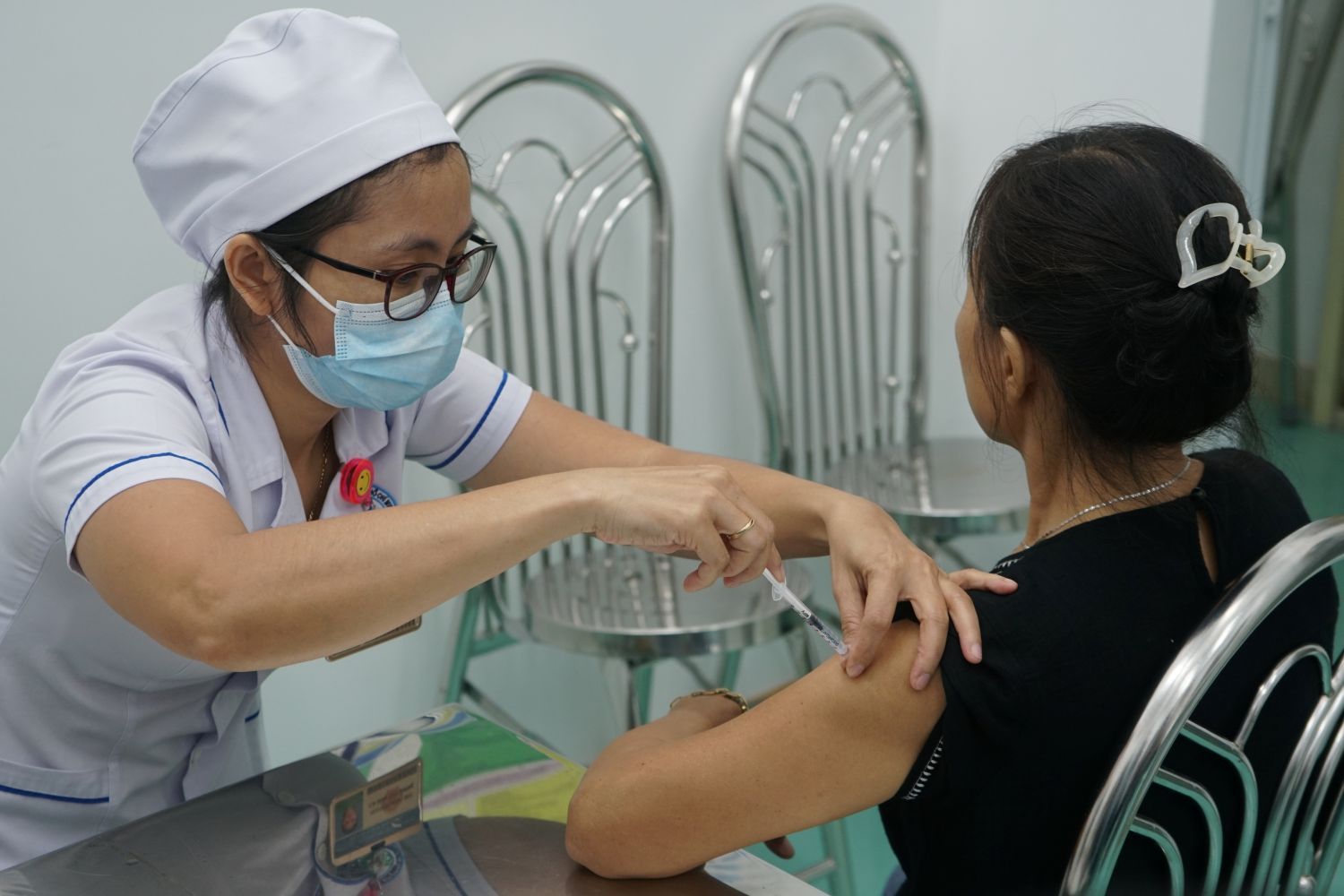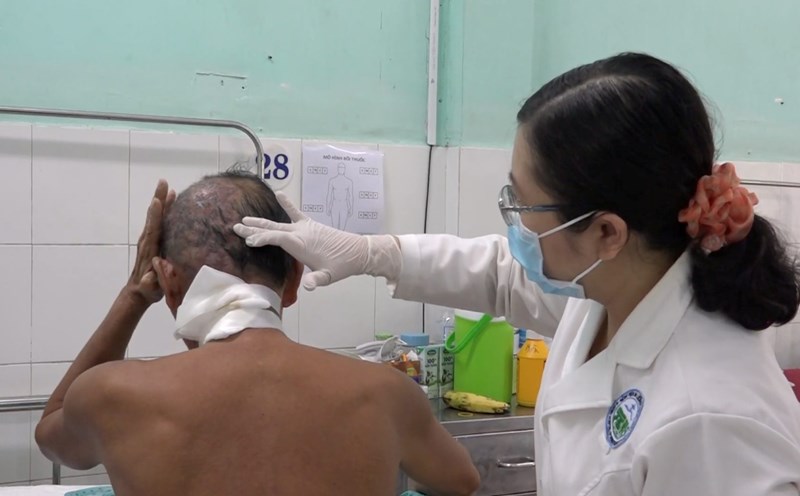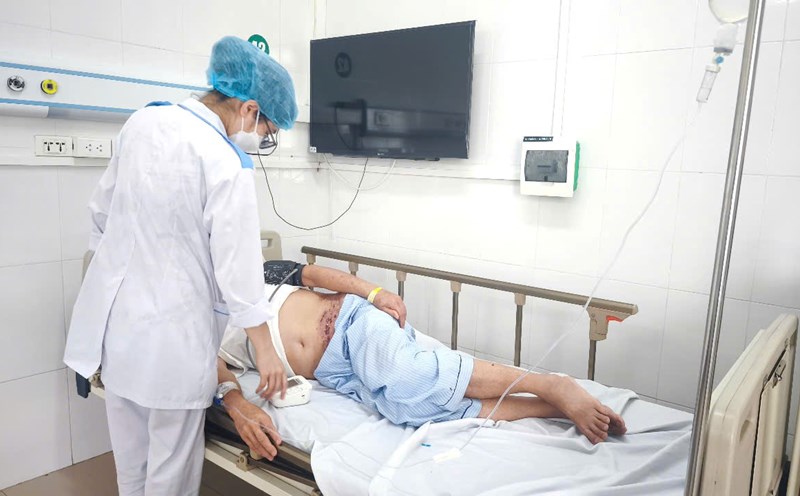According to Dr. Nguyen Thi Diem Trinh - Ho Chi Minh City Dermatology Hospital, shingles is an infection caused by the re-activation of the Varicella-Zoster virus. Varicella-Zoster virus is also the virus that causes chickenpox.
"When we were young, most of us had chickenpox. After recovery, the virus does not disappear but sleep peacefully in the sensory nerve tricks. Many years later, when conditions were favorable, the virus re-activated and caused shingles" - said Dr. Diem Trinh.
Therefore, shingles can occur in anyone who has been diagnosed with chickenpox. Even people who have been vaccinated against chickpeas can still get shingles, but the risk is much lower than those who have had natural chickpeas. However, not everyone who has been vaccinated against chickpeas or chickpeas is at the same risk.
Some groups of people at higher risk and need special attention include the elderly, immunodeficiency, having had chickenpox 1 year early, having chronic diseases, prolonged stress, and not being vaccinated against shingles.

Doctor Diem Trinh recommends that high-risk groups should proactively get vaccinated against shingles if they meet the conditions. Maintain overall health, get enough sleep, eat healthy, and exercise. Avoid prolonged stress, control chronic diseases well.
If you experience burning pain or blisters along one side of your body, you need to see a doctor immediately. Early treatment in the first 72 hours helps reduce complications.
Elderly people (over 50 years old)
The older you are, the weaker your immune system becomes over time. This is the highest risk group. In particular, people over 60 are not only more susceptible to diseases but are also more susceptible to post-herpetic neuralgia complications - a pain that can last for months, even years after healthy skin damage.
People with weakened immune systems
People with weakened or suppressed immune systems are more likely to be reactive. Not only that, the neuropathy in this group is often heavier, more widespread and more difficult to treat. Severe complications such as zones that spread all over the body, encephalitis, corneal damage, pneumonia... can occur.
This group includes people infected with HIV/AIDS; cancer patients, especially those undergoing chemotherapy and radiotherapy; people with organ transplants taking immunosuppressants; people using high or long-dose corticosteroids.
People who had chickenpox 1 year ago
Neuropathy is common in adults, but children can also suffer from the disease. Children with chickenpox at a very young age (under 12 months old) are at higher risk, because their immune system is not yet complete.
People with chronic diseases
Some chronic diseases can reduce immunity or make the body easily exhausted such as diabetics are at risk of developing the disease twice as much as normal people, chronic kidney disease, COPD (chronic obstructive pulmonary disease), heart failure, rheumatoid arthritis...
People with prolonged stress
Chronic stress is considered a factor that weakens the immune system and can trigger the resuscitation of the Varicella-Zoster virus.
People who have not been vaccinated against shingles
Currently, there is a shingrix vaccine (such as the inactive form), especially recommended for people over 50 years old or 18 years old and above at risk of immune decline. Vaccination helps reduce the risk of shingles by over 90%, thereby significantly reducing complications of post-herpetic neuralgia.











